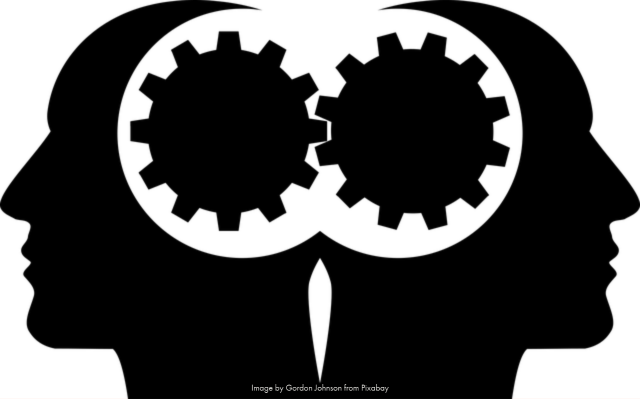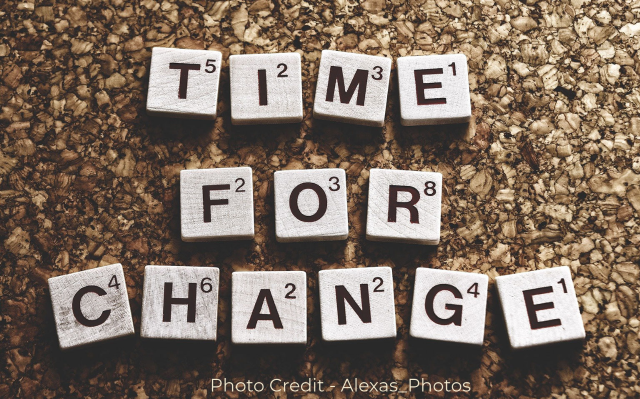
Metacognition and Awareness
Shuchi Shukla
- 0
- 268
Aware-ly’s concepts are highly influenced by the relationship between metacognition and awareness, and the eventual result of the awareness that develops the self-regulatory processes in a human mind.
In 1960, a shift in psychological theory occurred that professed a move away from conditioning toward cognition that unraveled how not conditioning but learning capabilities of the human mind in encoding, processing, and storing retrieved information (Schunk, 2008).
Metacognition is usually an aware and measured mental activity, but it can also be an automated function that is carried out without much conscious deliberation.
Martinez, 2006
Relationship Between Metacognition and Awareness
What if each level of consciousness is approached with a measured tactic of encoding, processing, and memorizing the learned reactions? At first, these mental activities will be activated as an informed measure, but with enough practice, will be carried out naturally. It takes time to develop a habit of a measured approach, but habits practiced for a long period of time eventually become second nature.
In time, this achievement can bring a huge difference in the quality of our lives. We will continually learn to vibrate at a higher consciousness level. We will learn to modify our natural reactions, if negative, to a progressively higher one. Certainly, we will get stuck at one level more than the others, but in turn, that will expose the crux of the issue and help us address them effectively. There is no other way to work through the levels but with patient resolve.
The message here is to cultivate a habit through metacognition and let it sink in far in our consciousness that that learned behavior becomes our natural reaction to a certain trigger.
Let us know what you think.
References:
Martinez, M. (2006). What Is Metacognition? The Phi Delta Kappan, 87(9), 696-699. Retrieved March 26, 2021, from http://www.jstor.org/stable/20442131
Schunk, D. (2008). Metacognition, Self-Regulation, and Self-Regulated Learning: Research Recommendations. Educational Psychology Review, 20(4), 463-467. Retrieved March 26, 2021, from http://www.jstor.org/stable/23363926

